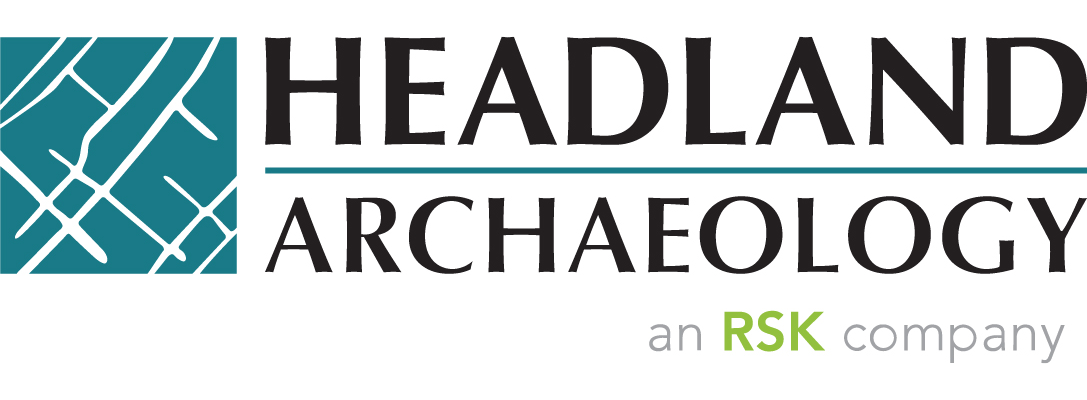09 Nov Upskilling and training our workforce

Learning and Development Coordinator Ian Henry
Headland’s Learning and Development Coordinator Ian Henry writes about the implementation and development of an effective learning culture and how we’ve been delivering training to our staff across all levels.
Competency and skills are critical for business development and quality assurance; learning and development interventions are a vital component that allows Headland to demonstrate our commitment towards an effective learning culture. There are several initiatives in place that support this which, in the pursuit of continuous improvement, are regularly reviewed to meet the demanding needs and changes within the business.
Modular
In the past few years, we have developed a number of modular training sessions to provide a structured approach for required archaeological training for varying levels of jobs and skills.
To meet the needs of today, the modular sessions are being realigned so that the essential training can be easily prioritised by being presented by way of a field manual. This way learning can be delivered at the time it’s required, and the resource belongs to the employee who can then use the manual to refresh or use as a point of reference. The remaining modules will continue to be presented either face to face, as an eLearning option or a toolbox talk.
Behavioural
As the organisation continues to grow the skills required also need to mature in order to remain competitive. Forward-thinking investment in those who have a responsibility for achieving outcomes is key. To address this, we have developed 6 bespoke half-day behavioural training programmes, initially for classroom delivery.
The behavioural sessions consider the relevant theoretical philosophies around developing self through to building teams designed to encourage innovative thinking and create debate. It also provides a platform to practice, demonstrate and evidence learnt behaviours.
Due to the impact of COVID-19 the sessions have now been converted into 20 one-hour on-line sessions.
On-site

Training Officer Aisling Fitzpatrick-Sinclair
To support the onboarding of a large number of staff in the field, our Training Officer Aisling recently made site visits to assist with the training of 39 new staff members; the vast majority of which were new to commercial archaeology with little or no previous excavation experience.
The main aim of the site visits was to assist in the training of the new starters, giving them the basic skills required to enable them to undertake excavation and recording on two sites. The main focus was on the quality of the recording, drawing and photography.
To facilitate the large numbers of staff on-site during COVID-19 restrictions, training packs were created with handouts (extracts from both the existing e-learning material and the manual) and assessment materials so that learning could be provided and recorded in the field while adhering to social distancing. This allowed the focus to be on individual needs instead of a one size fits all approach. The material was also sent to the Senior Archaeologist and Project Officer in charge of the sites so they could distribute them to anyone arriving in between visits. In addition to the archaeological learning SHEQ toolbox talks were also given as a part of the SHEQ requirements for the new starters on their sites.
Changing company culture can take time and needs to be consistently pushed and implemented across the board. The response in these early days has been mostly positive, the onsite training has benefitted the new starters and records are improving.



